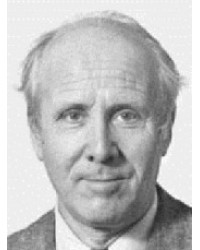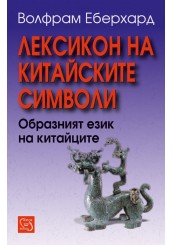Wolfram Eberhard

Wolfram Eberhard (March 17, 1909 – August 15, 1989) was a professor Emeritus of Sociology at the University of California, Berkeley focused on Western, Central and Eastern Asian societies.
Born in Potsdam, German Empire, he had a strong family background of astrophysicists and astronomers.
He taught a wide variety of courses specializing in the societies and popular cultures of Western, Central and Eastern Asia. He was especially interested in Chinese folklore, popular literature, Turkish history, minorities and local cultures in China and the relations between the Chinese and the peoples of Central Asia. Eberhard entered Berlin University in 1927 where he focused his attention to classical Chinese and Social Anthropology. Because Berlin University, where Eberhard studied, did not offer instructions on colloquial Chinese, Eberhard enrolled secretly and simultaneously at the Seminar for Oriental Languages. At the Seminar for Oriental Languages he studied with Ferdinand Lessing. He enrolled secretly because at the time his professors at Berlin University, and teachers of classical Chinese did not approve of his interests in colloquial languages. Ironically, his teachers at the Seminar for Oriental Languages did not approve of his interests in classical Chinese. He received his diploma at the Seminar in 1929, and then worked for his long-time friend Lessing at the Berlin Anthropological Museum.
Eberhard made his first journey to China in 1934. After traveling through regions of China collecting folklore, studying temples and dissecting the Chinese culture. The purpose of the trip was to collect ethnographic objects for the Museum. In Zhejiang, Eberhard traveled in the countryside, studied temples, and collected folktales with the help of Ts'ao Sung-yeh; most of these tales were published in Erzählungsgut aus Südost-China (1966). Then he went to Beijing and found work teaching German and Latin at Peking National University, Peiping Municipal University, and the Medical School at Baoding. Occasionally, his first wife Alide (née Roemer) coauthored with him and helped him with editing and translating into English. In 1934, his first son, Rainer, was born. The next year Eberhard travelled across northern China to Xi'an, the sacred mountain Mount Hua, Taiyuan, and the Yungang Grottoes at Datong. His interviews with Taoist priests on Hua-shan were the basis for the text of a book coauthored with Hedda Hammer Morrison, Hua Shun, the Taoist Sacred Mountain in West China (1974).
€7.77 (15.20 лв.) €9.71 (19.00 лв.) Ex Tax: €7.13 (13.94 лв.)



